Xiaomi 14T vs. 14T Pro | Infinium-tech
Whether you’re in the market for an upper-midrange phone or just a solid all-rounder, you’re going to find this year’s Xiaomi 14T series attractive. But the Xiaomi 14T and Xiaomi 14T Pro are hard to tell apart, making it even harder to decide which one to get.
And yet, the 14T Pro demands a serious price premium compared to the vanilla 14T. At the time of writing, the price difference is around €150-200. A non-trivial difference, we would say. So let’s see what it has to offer apart from the already excellent Xiaomi 14T.
Table of Contents:
For starters, you can compare the full specifications or continue straight to our editor’s assessment In the following text.
Spec sheets alone can’t tell the whole story, so let’s dig deeper and see what’s beneath the surface.
size comparison

Xiaomi
14t
160.5 x 75.1 x 7.8 mm
(6.32 x 2.96 x 0.31 inches)
Size-wise, the 14T and 14T Pro are basically twins. They’ve got the same screen diagonal, height and width. The vanilla 14T is a bit thinner by now, perhaps due to the lack of a wireless charging coil, but it’s more than ten grams lighter.
The difference in weight is probably mainly due to the fact that the 14T Pro has an aluminum frame, while the 14T settles for an all-plastic frame.
Still, that doesn’t mean the 14T feels cheap. Both devices have great builds and the matte glass-like surface on the standard 14T feels great to touch. Some people may find a boxy frame with straight edges more attractive and also provide a more secure grip.
display comparison
The 14T and 14T Pro have the same display – 6.67-inch, with all the same features like HDR10+ support, 16-bit color depth, and 144Hz refresh rate.
Tests also show this. both panels reach 1,200-1,300 nitsEnsuring a comfortable outdoor viewing experience.
battery life
When it comes to battery life, the 14T Pro is the clear winner here, although not by much. The 14T Pro consistently outperforms the 14T in all tests except 4G call scenarios, but it’s only just edged out by its cheaper sibling. Still, going for the 14T Pro will give you some extra runtime, whether you’re web browsing, gaming, or watching streaming video.
Since both devices run the same HyperOS software and share the same battery and display, this leaves the Dimensity 9300+ SoC as the only variable adding a few extra hours to battery endurance.
charging speed
Charging is one of the reasons you might want to spend some extra money for the 14T Pro. It supports Xiaomi’s proprietary 120-watt fast charging standard, while the 14T settles for a reasonable 67W. Unfortunately, none of the retail boxes provide suitable chargers, so you’ll have to purchase them separately.
Using the maximum 120W charging capacity, you will get a full charge in just 23. It is very fast and much more than the 14T with 67W.
Additionally, only the 14T Pro supports 50W wireless fast charging with Xiaomi’s proprietary wireless charging stand. Another reason to get the 14T Pro.
speaker test
Looking at the speaker test results alone, we can conclude that the 14T has somewhat better speakers. They are slightly louder while keeping the same frequency response curve.
Subjectively speaking, some people may find the 14T Pro’s speakers better as it has a slightly fuller, warmer sound with more pronounced bass. This doesn’t mean the 14T has no bass, but the increase in highs results in more pronounced vocals and toned-down lows.
Display
CPU performance is another reason why you might want to choose the 14T Pro. It runs on a more powerful, flagship MediaTek chipset – the Dimensity 9300+ chipset – than the Dimensity 8300 Ultra inside the 14T.
The Dimensity 9300+ graphics chip is also significantly more powerful. The benchmark results are here to prove.
There is no difference in memory configuration. Both devices offer similar memory options, while the storage chips are both UFS 4.0. The only difference is that the Pro has an additional configuration with 1TB of storage and 12GB of RAM if you really want to spend the money.
benchmark performance
The performance difference between the 14T and 14T Pro is huge and the Pro performs 77% better than its sibling in multi-threaded CPU tasks (Geekbench 6) and 60% in its overall performance in terms of combination of CPU, GPU, memory and % is better. Storage (AnTuTu 10). The graphics-heavy 3DMark Wildlife benchmark shows that the 14T Pro’s GPU is 33% faster.
This performance difference is hard to ignore, especially for users looking for a more powerful device.
camera comparison
The Xiaomi 14T and 14T Pro have largely similar camera hardware, but there are a few differences worth noting. For example, the 50MP f/1.7 camera on the 14T uses a smaller 1/1.56″ sensor, while the Pro gets a 50MP 1/1.31″ sensor with an f/1.6 aperture. Theoretically, the 14T Pro should produce slightly better photos, but in reality, the difference is negligible.
Zoom cameras are also different. The 14T Pro gets a 50MP unit with 2x optical zoom, while the 14T Pro increases this to 2.6x. The ultrawide and selfie cameras are all the same – 12MP f/2.2 ultrawide and 32MP f/2.0 selfie shooters.
image quality
In terms of photo quality the difference is even smaller. The ultrawide cameras achieve similar results day and night and we can say the same for the main camera.
During the day the 14T Pro has a slight edge with slightly sharper photos that resolve finer details, but you’ll have to look closely to find the difference. This can be seen mostly on the facades of buildings with leaves and fine details. It also has hardware to detect differences at night.




Xiaomi 14T: 0.6x • 1x • 2x • 4x





Xiaomi 14T Pro: 0.6x • 1x • 2x • 2.6x • 5x
The 14T’s 2x zoom camera has one small advantage over the 14T Pro’s 2x zoom crop.
But the 2.6x zoom camera on the 14T Pro is really fast, delivering better image quality in daylight and almost the same quality in low light.
Both phones also perform equally well in their respective 4x and 5x zoom modes, even though they are digital zooms.




Xiaomi 14T: 0.6x • 1x • 2x • 4x





Xiaomi 14T Pro: 0.6x • 1x • 2x • 2.6x • 5x
video quality
In the video department, both devices go head-to-head. While the 14T and 14T Pro produce similar-looking videos with their ultrawide and main cameras, the 14T’s 2x zoom camera delivers significantly better zoomed video. It’s just more intense.
Below we have some framegrabs of videos taken by both phones at each focal length, so it’s easy to compare each other.




Xiaomi 14T: 0.6x • 1x • 2x • 1x




Xiaomi 14T Pro: 0.6x • 1x • 2.6x • 1x
One could argue that the 14T Pro’s main and ultrawide cameras produce slightly sharper video with more accurate color temperature, but you really have to look closely to spot the difference. Additionally, some people may like the 14T’s slightly warmer and cozy-looking video rendering.
However, the 14T Pro’s nighttime capabilities are sensibly better. The video sample we took has a wider dynamic range, is sharper, has less noise, and has better contrast and more accurate colors.
decision
Based on the specs sheet alone, the 14T Pro seems to be the less practical option. Even after digging further into the specifics, one can still claim that the Xiaomi 14T is quite good and will get you more than half the price at a much lower price. After all, there is a difference of around €150-200 between the two devices.
On the other hand, the 14T Pro will justify the price difference for users looking for better performance and faster charging. This is where the 14T Pro overtakes the 14T and leaves it behind in our battery endurance test and camera comparison.
There’s no easy answer to the dilemma for most of you, so consider your priorities and decide whether the 14T Pro is worth the price premium depending on whether you like the extras it offers. Do you give importance to facilities or not?

- Quite a low price tag.
- Better zoom video.
- Boxier design.
Get the Xiaomi 14T for:

- Slightly longer battery life.
- Equally difficult construction.
- Equally fast charging.
- Equally high performance.
- Better overall camera experience.
Get the Xiaomi 14T Pro for:


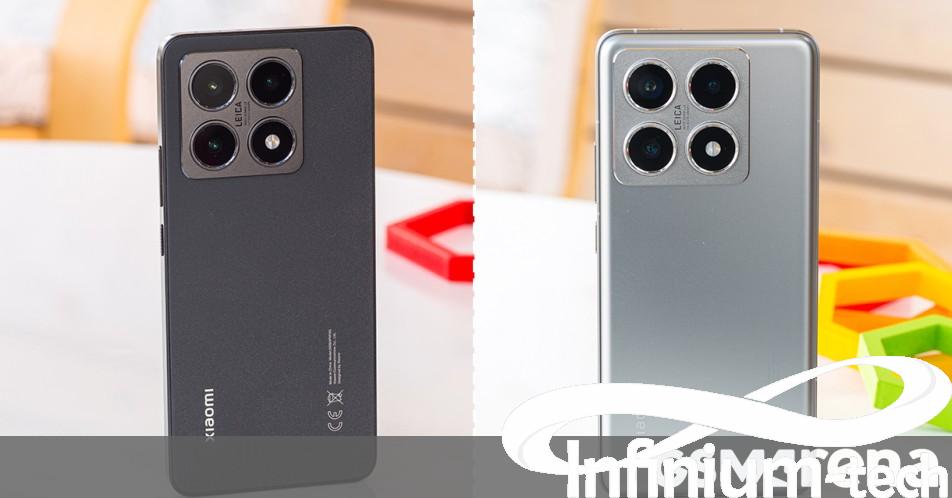



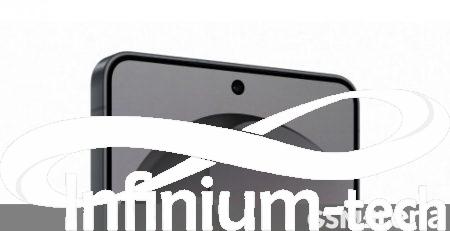
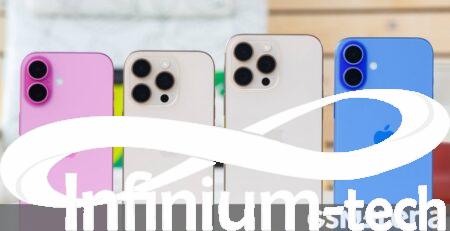


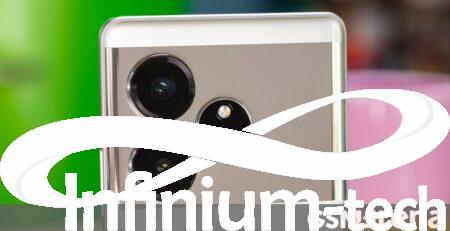


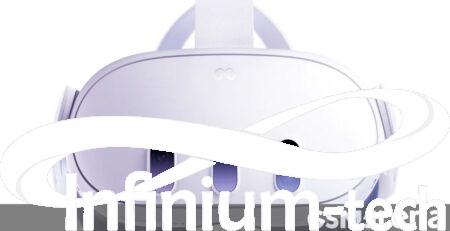

Leave a Reply